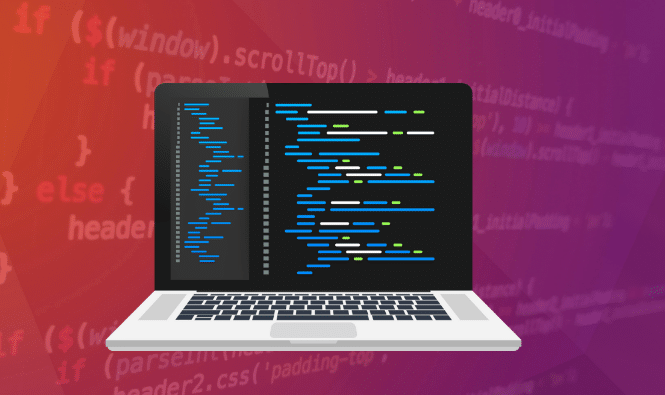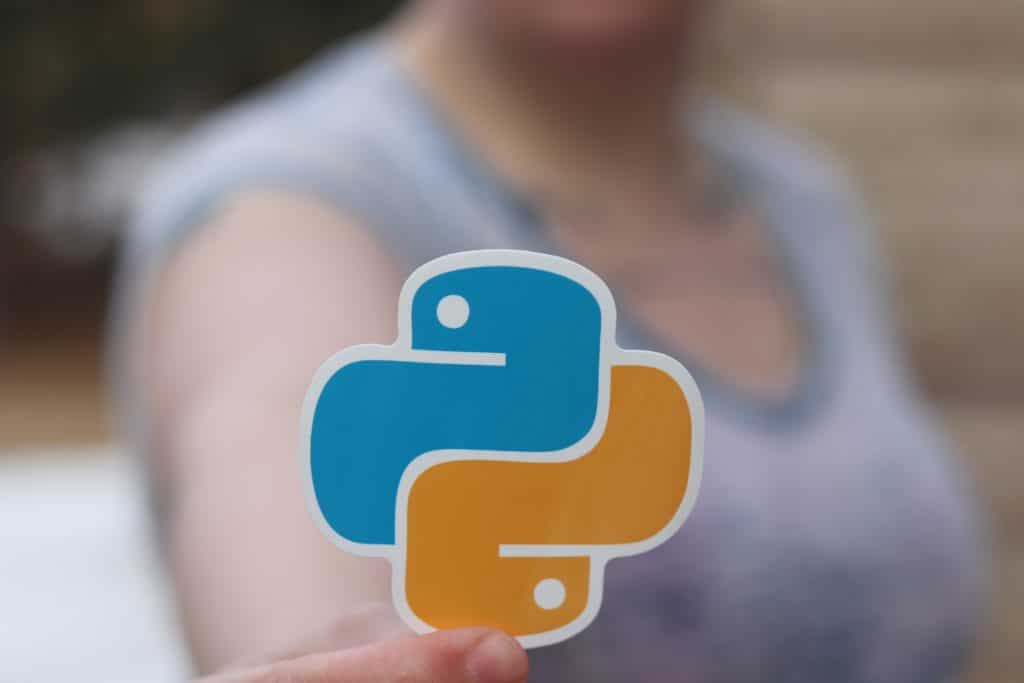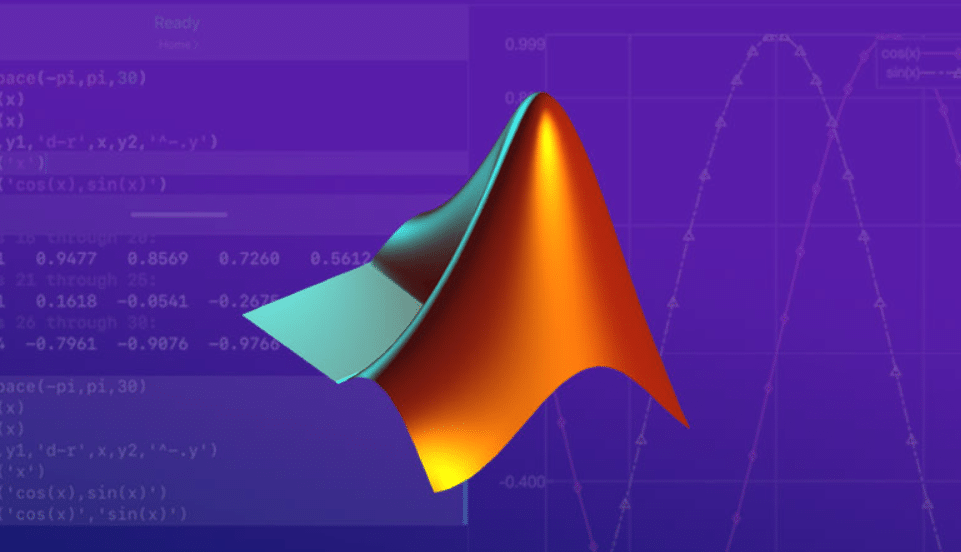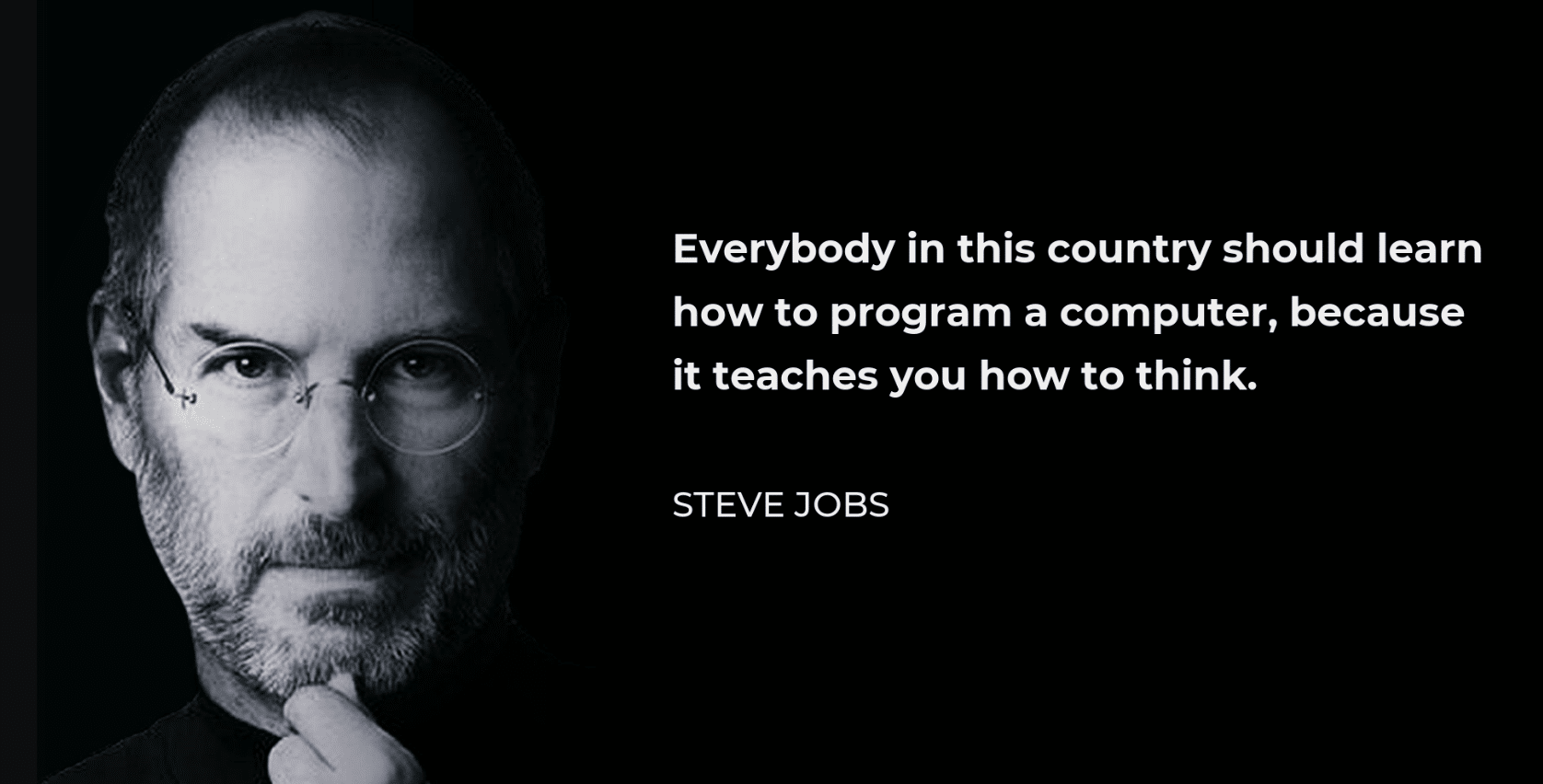Are Programming Languages Important For Research Methodology
In the constantly changing world of research, where we use data and creative methods to make important discoveries, programming play a crucial role. The significance of programming languages in research methodology cannot be overlasted. Research methods are like the foundation of scientific exploration, and programming have become valuable tools that make research easier and more efficient. In this blogpost, I’ll try to explain why programming languages are important in research methodology.
Enhancing Efficiency of Research with Programming Languages
When researchers want to find important results in their studies, they need to work efficiently. The old method of conducting research involves tasks like gathering data and analyzing data manually. This process is time-consuming and can result in lots of errors.
But programming languages offer a way to make research methodology faster and more accurate. They let researchers automate tasks, making the research process much more efficient. The reason why programming is important in research is because they can make the research process faster and less likely to have mistakes.

Relevant Post
Automating Data Collection
One of the big benifits of using programming languages in research methodology is that they can help with automatic data collection. When researchers need to get information from the internet, sensors, or experiments, they can use programming languages to make special sets of instructions (like scripts or algorithms) that gather and organize data in an organized way.
This saves time because they don’t have to do their task manually. It also make it less likely for people to make mistakes when collecting data. So, the significance of programming in research methodology is that they make data collection easier and more reliable.

Streamlining Data Analysis
After we collect data, the next important thing is to figure out what it means. The old way of doing this involves doing calculations and tests on the data by hand. Coding and Programming is one of the most important skills that everyone should learn. But programming languages have special tools (like Python’s Pandas and NumPy or R’s ggplot2) that make it much easier to analyze data.
These tools let researchers do complicated analyses without too much trouble, helping them understand the data better. So, using programming languages in research methodology makes analyzing data simpler and more powerful.

Facilitating Data Visualization
In the field of research, it’s really important to show your results in a way that’s easy for others to understand. Programming languages are great for this purpose. Researchers can use special tools like Matplotlib, D3.js, or Tableau to create attractive and information pictures with their data.
These pictures not only make the data easier to understand but also help researchers see important trends and patterns they might have missed otherwise. So, programming languages help researchers make their findings clear and discover hidden patterns in the data.

Empowering Research with Versatile Tools
Programming languages are flexible and can be used in many different ways for research. Researchers can choose the way that works best for their tasks. Whether it’s for looking at data, creating computer simulations, or making models.
Researchers have many choices to select from to do their work the way they like. So, programming languages give researchers a lot of choices to match their needs in research.
Python: The Swiss Army Knife
Python is a very popular programming language for research because it’s easy to understand and has a lot of useful tools. It’s like a toolbox with many different tools that researchers can use.
For example, Python has tools like SciPy, scikit-learn, and TensorFlow that help with things like math, statistics, and artificial intelligence. So, Python is really helpful for researchers because it has the right tools to make their work easier.

R: The Statistician’s Paradise
Researchers who focus a lot on statistics often prefer to use a programming language called R. R has a lot of special tools for doing statistics, like exploring data and making graphs.
Plus, many people who use R work together to make even more special tools that fit specific research needs. So, if you have interest in statistics, R is a good choice for you.

MATLAB: Engineering Excellence
In engineering and physics research, a programming language called MATLAB is really useful. It’s designed to do math and calculations really well, which is important for things like making computer simulations, creating math models, and developing algorithms.
MATLAB is liked by researchers because it’s easy to use and can do complex math quickly. Many research labs all over the world use it regularly.

Collaboration and Reproducibility
Working together is crucial in research, and programming languages help with that in several ways. They let researchers easily share their computer code, data, and how they do their research.
This makes it clear and easy for others to understand and try the same things. So, programming languages make it simpler for researchers to work together and make sure their research can be checked and repeated by others.
Code Sharing and Version Control
Programming languages can be integrated seamlessly with version control systems like Git, allowing researchers to track changes in code and collaborate efficiently with colleagues. This not only enhances transparency but also ensures that research can be reproduced and validated by peers.
Reproducibility in Research
Reproducibility is a backbone of scientific research. Programming languages facilitate the creation of reproducible workflows, where every step of the research process, from data collection to analysis and visualization, can be documented and shared.
This not only strengthens the credibility of research findings but also encourages further exploration and validation by the scientific community.
Frequently Asked Questions (FAQs)
Why are programming languages important in research methodology?
Programming languages are important in research because they help scientists do their work faster and with fewer mistakes.
How do programming languages save time in research?
They save time by automating tasks like collecting data, so researchers don’t have to do everything by hand.
What programming languages do researchers commonly use?
Researchers often use Python, R, and MATLAB because they have special tools for research.
How do programming languages help collect data automatically?
Researchers can write instructions in programming languages to gather data from different sources, like the internet, sensors, or experiments.
What are some tools in programming languages for data analysis?
In Python, there are tools like Pandas and NumPy. In R, there are tools for statistics.
Can you explain how Python’s Pandas and NumPy help analyze data?
These tools make it easy to work with data, do math, and find patterns, which helps researchers understand information better.
Why do researchers prefer using R for statistics?
R is designed specifically for statistics, making it a top choice for researchers in that field.
How does MATLAB benefit engineering and physics research?
MATLAB is excellent for doing math and simulations, which is crucial in engineering and physics studies.
Which programming languages are good for making data pictures?
Languages like Matplotlib, D3.js, and Tableau help researchers create eye-catching graphs and charts to visualize data.
How do programming languages make data pictures better?
They make data easy to understand and help researchers spot hidden trends and patterns.
Why is it important for programming languages to be versatile?
Versatile programming languages let researchers choose the right tool for each part of their project, whether it’s analyzing data or making simulations.
Can researchers use different programming languages for different parts of a project?
Yes, researchers can use different languages for different tasks within the same research project.
How do programming languages help researchers work together?
They allow researchers to share their work, like code and data, with others, which makes it easier for teams to collaborate.
In what ways do programming languages make research more open?
By sharing code and data, programming languages make research transparent and allow others to check and repeat the work.
Are there special programming languages for computer experiments in research?
Researchers use general-purpose languages like Python and MATLAB for computer experiments, tailoring them to their specific needs.
How do programming languages help with math models in research?
They make it easier to create and work with mathematical models, which are essential in many research areas.
How do programming languages make research results easy to do again?
They ensure that others can follow the same steps and get the same results, promoting reproducibility.
Are there any problems with using programming languages in research?
While they offer many benefits, programming languages may have a learning curve, and errors in code can affect results.
Where can researchers get help or talk to others who use programming languages?
Researchers can find support and communities online, such as forums and groups focused on specific programming languages.
Can you give examples of important research made with programming languages?
Yes, programming languages have been crucial in fields like astronomy, genetics, and climate science, helping researchers make significant discoveries.







